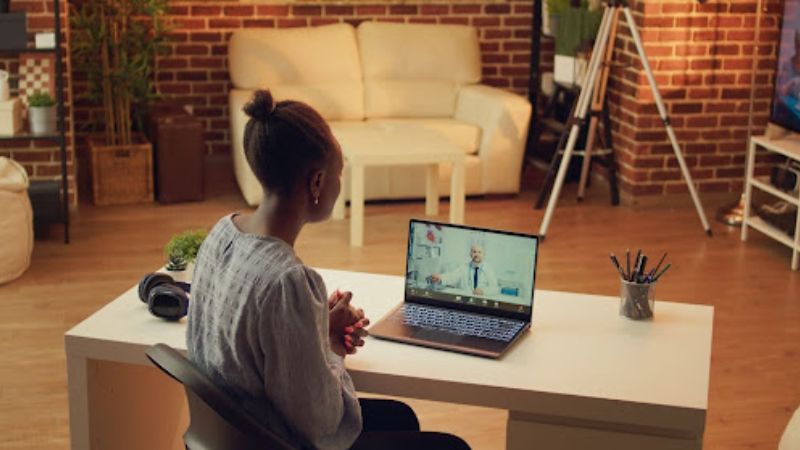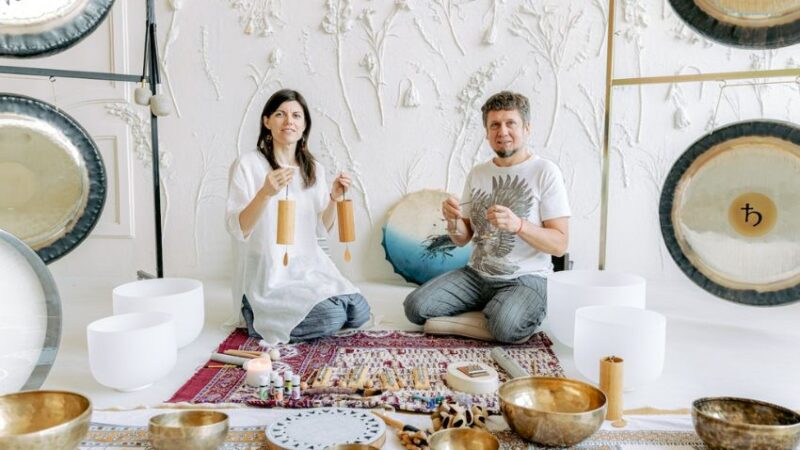How to Communicate with Your Therapist
Making the decision to finally seek help from a therapist is not easy and takes a lot of courage. It marks your journey towards healing and self-discovery. And as you set off on this path, it is important to remember that the effectiveness of therapy hinges on one crucial element: communication. Therapy thrives in an environment of openness, trust and mutual understanding, so learning how to discuss your concerns with a therapist can go a long way.
Preparing for the session
While all licensed therapists are equipped with the knowledge and skills to develop effective personalized programmes for your well-being, some therapists have unique skill sets and experience that may be more applicable for your specific need. Consider going through their professional biography, gathering information about their experience and their speciality before committing to sessions with a particular therapist for addiction or any other mental health issues. This allows you to attain a certain level of comfort even before your first sessions.
Trust is everything
Before you can even begin conversing with your therapist about your unique mental health needs, it is vital to establish trust. Take a moment to understand what you would like to be the foundational aspects of your partnership with your therapist. This could be with respect to boundaries, cultural contexts, communication styles, goal setting, therapeutic approach and more. Remember that confidentiality is the cornerstone of therapy, and while it may take time to get adjusted to sharing your personal struggles, remind yourself that this is a safe space. Look to nurture your relationship with your therapist and try to get to a point of authentic exploration with their support.
Openness and honesty are key
Having dealt with the concerns that you have, it can be incredibly difficult to express your thoughts freely, especially with someone you don’t know. That said, therapists are aware of this hurdle and will provide you with the time, space and resources you need to open up over time. Your journey towards improved mental well-being is most effective when you can be open and honest about your challenges, vulnerabilities, desires and motivations. These factors are key in helping a therapist devise a personalized plan for you.
Be clear about your goals
Every person has their unique story, and to each, their own destination. From your first therapy session onwards, it is important to have clarity on what you’d like to achieve, from a mental health point of view, and the therapist will help you map out your path. Whether it is managing your symptoms or accessing treatment for a particular illness, or achieving better self-esteem, emotional regulation or self-discovery, therapy can be a unique, transformative journey. It is okay to not exactly know what you want when you start, but look to find more clarity about your destinations as the sessions progress.
Back and forth is the way to go
Therapy is a dynamic process that flourishes through a meaningful exchange. Embracing the back-and-forth dialogue with your therapist, allowing thoughts and emotions to flow freely can open up new avenues for self-discovery and growth. With each new conversation, your therapist can comprehend your unique experience and tailor their therapeutic approach accordingly. This collaborative environment of mutual understanding enriches the therapy experience while also empowering you to actively self-reflect and participate in your journey.
Be specific
To promote therapy of utmost precision, being specific about your emotions, challenges and goals become vital. We understand that it is tough to describe your negative experiences or feelings with detail, but pinpointing your triggers, sharing your recurring patterns or expressing any specific desires or aspirations can provide clarity that the therapist can then utilize to provide better treatments or advice.Try to avoid being vague as much as possible as focused communication helps you build a more meaningful bond with your therapist.
Communication isn’t always about speaking
There is no one ideal therapy session, and in some cases, you can say a lot by saying less. Pay attention to your non-verbal cues like facial expressions, body language, and gestures. These subtle forms of expression often convey emotions that words might struggle to articulate. Your therapist is attuned to these signals, using them to deepen their understanding. Sometimes, this is exactly what you need to enhance your therapeutic connection, fostering a more comprehensive and nuanced exploration of your mental landscape.
It’s going to be okay
As you navigate the therapeutic landscape, remember that this journey is uniquely yours, and each step forward is a testament to your strength and resilience. Communication, whether verbal or non-verbal, serves as the bridge to understanding and healing. Embrace the process, recognizing that your therapist is there to support you. In moments of vulnerability, trust the therapeutic alliance you’ve cultivated. Your commitment to openness and honesty empowers not just you, but also your therapist to lay the foundation for your mental health journey.

Deepa Mahar is an independent blogger and admin of DeepAdvices who is exploring the beauty of the blog writing from a variety of subjects and books to health, science and others. She believes the blog would be helpful to the reader in the context of knowledge. She is post-graduated with a degree of Biotechnology.






